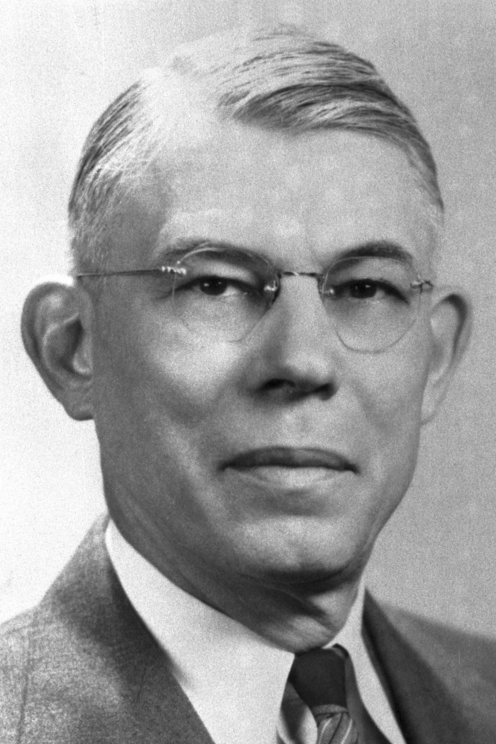Why was Edward Adelbert Doisy Awarded the Nobel Prize for Physiology or Medicine in 1943?
Edward Adelbert Doisy's Nobel Prize: Illuminating the Role of Hormones and Vitamin K in Physiology
Edward Adelbert Doisy, an American biochemist, was awarded the Nobel Prize for Physiology or Medicine in 1943 for his groundbreaking research on the chemical nature and biological functions of hormones, particularly vitamin K. Doisy’s pioneering investigations into the structure and roles of these substances played a pivotal role in his esteemed recognition by the Nobel Committee. This article delves into the remarkable achievements that led to Doisy’s Nobel Prize and sheds light on the enduring impact of his discoveries in the field of physiology.

Decoding Hormones and Their Functions:
Edward Doisy’s significant contributions to our understanding of hormones began in the 1920s when he embarked on a series of studies focused on characterizing and isolating these chemical messengers. By developing new analytical techniques, Doisy successfully extracted and purified hormones from various animal tissues.
One of his major breakthroughs was the isolation of estrone, a hormone involved in female reproductive processes. This achievement paved the way for further investigations into the role of hormones in regulating physiological functions, including reproductive processes and the maintenance of homeostasis.
Exploring Vitamin K and Blood Clotting:
Doisy’s research also encompassed the study of vitamin K, a fat-soluble vitamin he identified as a critical factor in blood clotting. Collaborating with his colleague Henrik Dam, Doisy played a key role in unraveling the chemical nature of vitamin K and its importance in coagulation processes.
Through their joint efforts, they demonstrated that vitamin K played a vital role in the synthesis of prothrombin, a protein essential for blood clot formation. This discovery shed light on the underlying mechanisms of coagulation and opened avenues for the development of therapeutic interventions for bleeding disorders.
Significance and Legacy:
Edward Adelbert Doisy’s Nobel Prize win in 1943 recognized his exceptional contributions to the field of endocrinology and the understanding of vitamin K’s role in blood clotting. His groundbreaking research not only elucidated the chemical nature and functions of hormones but also revealed the importance of vitamin K in maintaining hemostasis.
Beyond the Nobel recognition, Doisy’s legacy can be seen in the continued advancements and applications of his discoveries. His work laid the foundation for subsequent research in endocrinology and the development of hormone-based therapies for various medical conditions. Additionally, the understanding of vitamin K’s role in coagulation has led to significant improvements in the diagnosis and treatment of bleeding disorders.
Edward Adelbert Doisy’s Nobel Prize in Physiology or Medicine in 1943 celebrated his pioneering contributions to the field of endocrinology and his pivotal role in unraveling the functions of hormones, particularly vitamin K’s involvement in blood clotting. His groundbreaking research revolutionized our understanding of these complex biological processes and provided a foundation for subsequent advancements in medical science.
Doisy’s work continues to inspire researchers in their quest to unravel the intricate mechanisms of hormone action and the roles of essential nutrients in human physiology. Edward Adelbert Doisy’s remarkable achievements underscore the transformative power of scientific inquiry and its lasting impact on the field of physiology.




